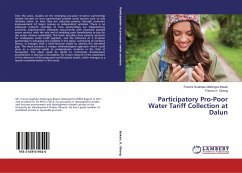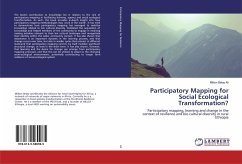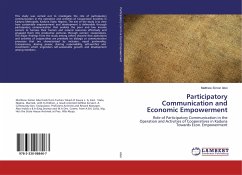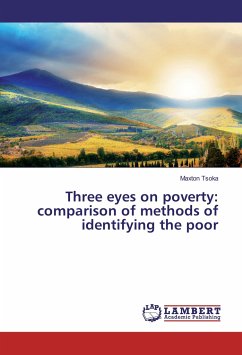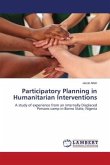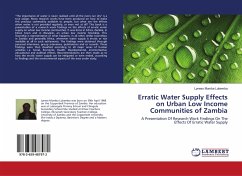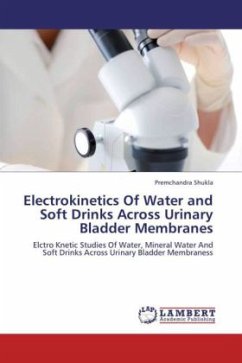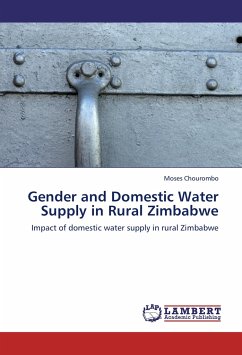Over the years, studies on the emerging pro-poor tri-sector partnership models focused on how partnerships provide social services such as safe drinking water, or how they are reducing poverty through economic empowerment of target groups as independent activities. There is no adequate research coverage of how partnerships are implementing economic empowerment strategies concurrently with improved potable water services, with the sole aim of enabling poor beneficiaries to pay for the water services sustainably. This book describes how poverty accounts for inadequate water tariff payment, and the influence of a tri-sector partnership in managing the problem in the Dalun community of northern Ghana. It emerges with a multi-factorial model to address the identified gap. The book presents a unique methodological approach which could serve as a practical guide to postgraduate students in the field of humanities. The ideas could be useful to community development practitioners. It alsolays a foundation for future research in the assessment of the relevance of the proposed multi-factorial model, which emerges as a special recommendation in this study.

